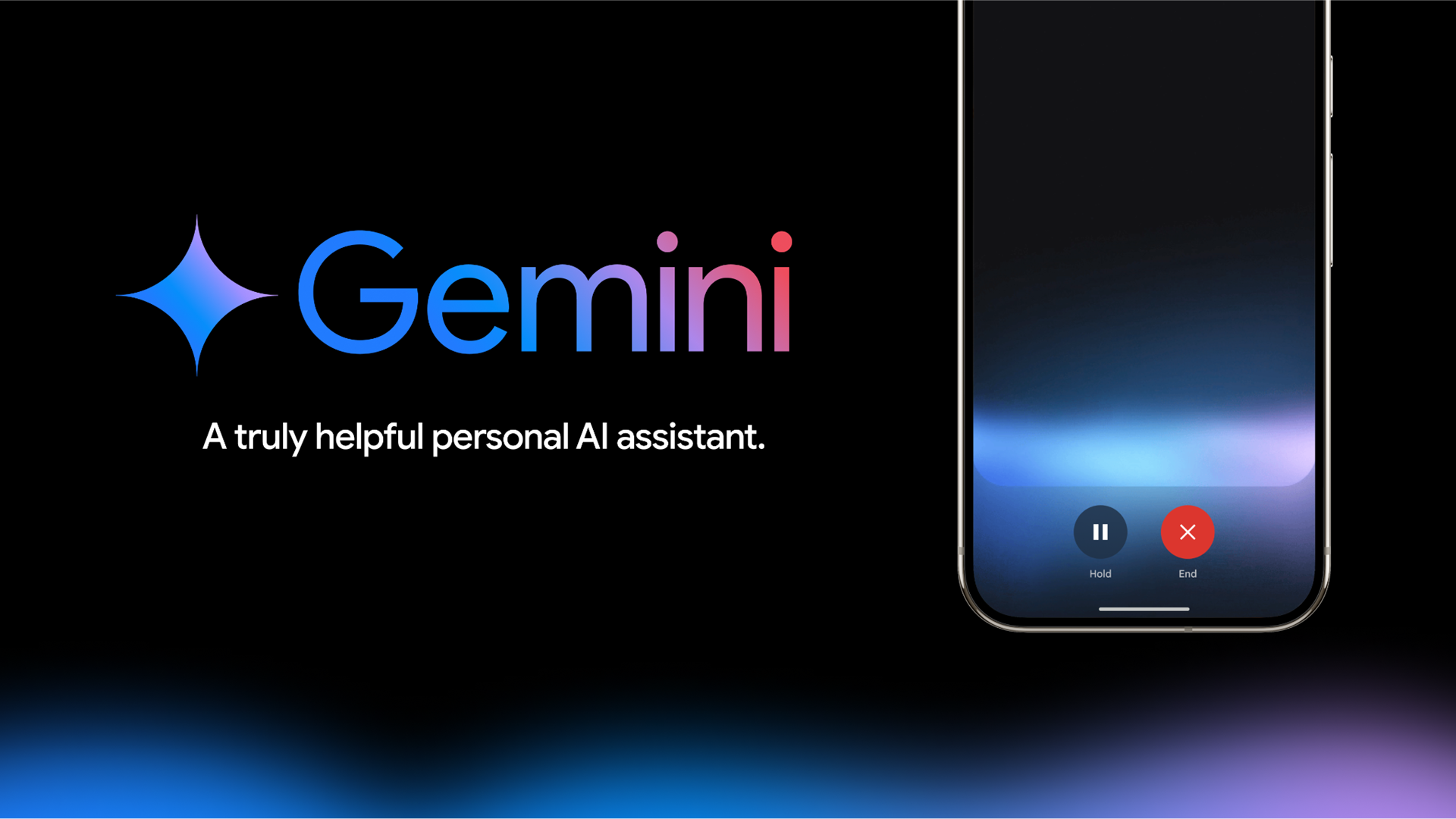So Google desires me to begin saying ‘Hey Gemini’ now, huh? No thanks, you will get within the sea with that nonsense. I’m not having it. Name me a Luddite, name me a curmudgeon, inform me to get with the instances; I couldn’t care much less, I’m not going to speak to my tech.
Now, earlier than I get into the meat and potatoes of this text, I’d wish to preface it by saying that I’m not in opposition to the existence of voice management options on the entire. They’re really a particularly important accessibility characteristic that many disabled tech customers depend on to get the complete expertise from their {hardware}. However for many who don’t really want it, like myself – what the hell is mistaken with simply urgent some buttons or tapping a touchscreen?
I get aggravated if somebody is speaking too loudly on their telephone on public transport. When tech corporations like Google inform me that voice management is the way forward for how we work together with our tech, I’m instantly stuffed with horror on the concept of touring by a metropolis the place everyone is consistently barking instructions at their telephones and tablets.
How many individuals actually use voice controls?
I did some analysis into the precise statistics behind voice management use, and was shocked on the outcomes. I’ve actually by no means seen a single particular person use their telephone to look the online for one thing utilizing a voice command; positive, I’ve seen individuals ask their Alexa sensible speaker to play music or flip off a lightweight, one thing I’ll in all probability additionally by no means do as a result of I at all times have a telephone in my pocket that may do these issues, however net searches? Actually?
Apparently so: in accordance with a 2018 examine by PWC, 32% of voice assistant customers ask their chosen digital helper not less than one factor they’d usually use a search engine for every day, with 89% doing so not less than as soon as a month. In fact, that’s solely individuals who already use a voice assistant, however evaluation from Statista claims that nearly half of People speak to their telephones or sensible audio system not less than semi-regularly (although that determine reduces to about 1 in 5 on a world scale).
The factor is, as I dug additional and additional into these statistics, I turned much less and fewer satisfied by them. For starters, the very first set of stats I got here throughout (which I received’t hyperlink right here) claimed that “8.4 billion individuals worldwide are estimated to make use of voice assistants” – that’s… greater than the present whole human inhabitants. I began noticing extra discrepancies within the knowledge, in addition to having to discard some sources for apparent pro-tech-marketing bias.
Extra confused than enlightened, I needed to finally conclude that a lot of the statistical analysis into this space of tech has been primarily based extra closely on product gross sales than precise unbiased polling of the inhabitants: and that’s a severe flaw, as a result of an individual who owns one piece of voice-controlled {hardware} is prone to personal extra. I’ve a good friend who has three similar Echo Dot sensible audio system positioned in several rooms round her residence, and she or he makes use of Siri on her iPhone to make music requests whereas within the automotive. Me? I simply have a driving playlist that I shuffle earlier than I begin the engine.
Voice management is getting higher – slowly
I’ll admit that my standard excuse for why I abhor voice-controlled tech doesn’t maintain as a lot weight because it used to. That excuse was, briefly: it’s crap. The early days of Siri, Cortana, and their ilk have been tormented by a continuing chorus of “I’m sorry, I didn’t fairly perceive that”, however with the daybreak of AI, issues are beginning to enhance.
Instruments like Apple Intelligence and Google Gemini provide multimodal enter, permitting them to know vocal requests in addition to textual content prompts. The big language mannequin AIs of right now do a much better job of parsing spoken phrases than older voice-recognition software program, even capable of adapt to a person consumer’s speech patterns over time to offer extra correct responses.

Nevertheless, there are nonetheless obstacles to be overcome. Whereas voice recognition sometimes helps a number of languages, it regularly struggles with robust accents and speech impediments (I actually have a lisp, which doesn’t assist issues). This may be as a consequence of unnoticed biases within the coaching knowledge used: if an American firm makes use of recordings of People talking English to coach its speech recognition AI to know spoken English, it’s unsurprisingly going to battle when it hears a Japanese or Swedish particular person talking that language.
I do genuinely hope that sooner or later voice controls work completely as a result of the individuals who actually need them deserve a service that works in addition to merely typing a question into Google. However I received’t be utilizing it, and I don’t need to stay in a future the place everyone is – you possibly can wager I’ll be first in line to dunk on any tech firm that tries to make voice instructions the default mode of interacting with their product.